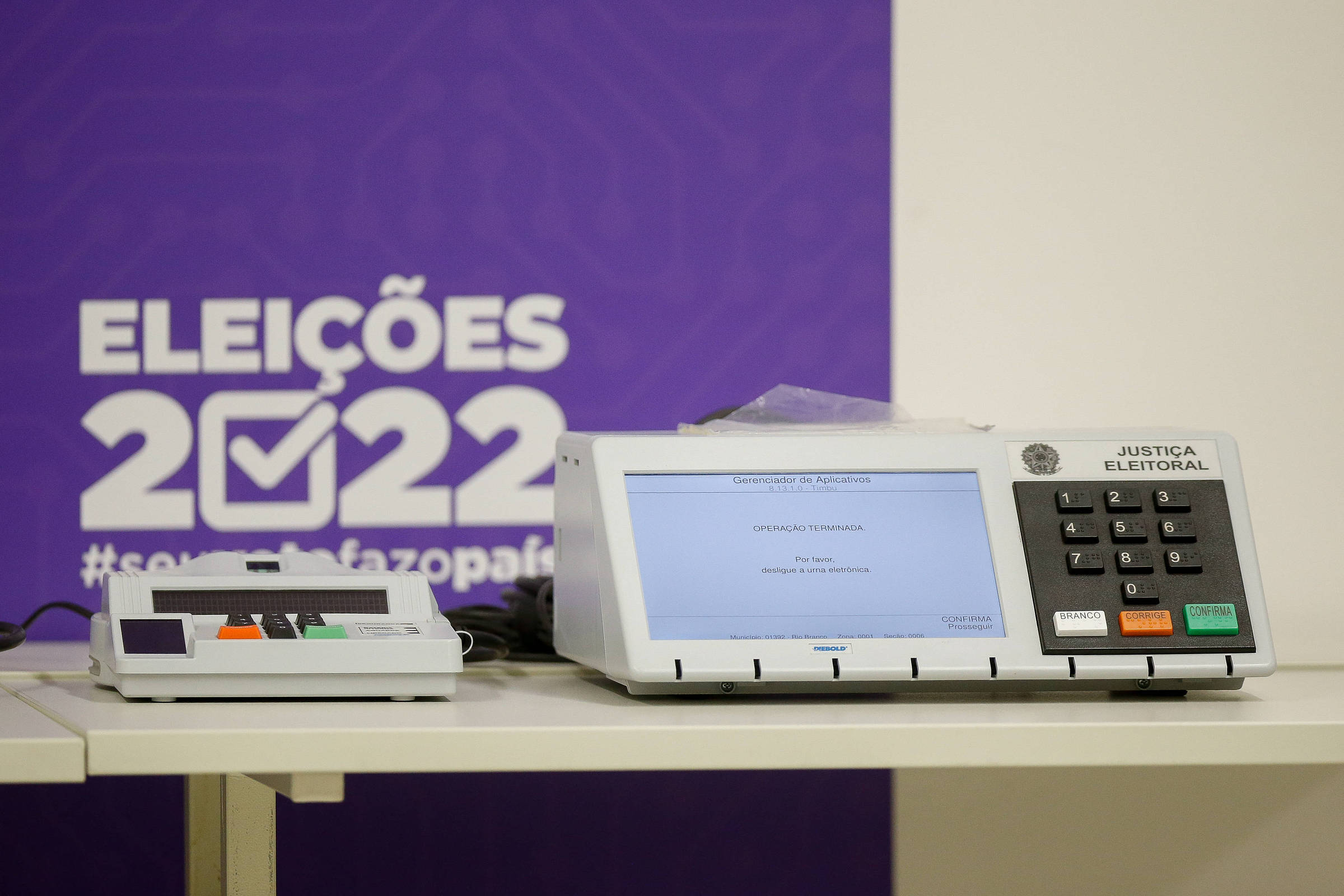Political violence is one of the main barriers to black participation in politics, according to a study by the Media and Public Sphere Research Laboratory of the Institute for Social and Political Studies in Urge (Rio de Janeiro State University). ).
A survey sponsored by the Instituto de Referência Negra Peregum found that among blacks who are politically active, there is an increased fear of such violence due to the recent rise of the most radical right in the country.
Threats described include physical and death risks, as well as online attacks that affect the mental health of candidates and their supporters.
The study was conducted in April and May in a format that combines quantitative and qualitative methodologies.
The quantitative analysis was based on data from candidates for proportional positions in the 2014 and 2018 elections provided by the TSE (Higher Electoral Court). The qualitative part of the study used in-depth interviews with 27 people aged 24 to 60 years.
“There are reports of people already elected who have been subjected to political violence in their own legislative chambers. But that’s not all. There are cases of physical threat during campaign events and cyberbullying, which is another way to embarrass people,” says Joao Feres, a political scientist who led the study.
According to the specialist, who is also the coordinator of the Gemaa (Interdisciplinary Affirmative Action Research Group) at Uerj, “the fact that the far right has come out of hiding in Brazil and is openly showing their intolerance makes people who are the target of this hatred feel insecure “.
Feres’ assessment takes into account the interviews conducted during the survey. Also, according to the poll, for every black person who says they don’t care much about political violence, 2.5 say they care a lot about it.
Nearly half of those surveyed spontaneously reported instances of psychological suffering caused by constant threats, which makes blacks feel unable to compete for seats in politics. This scenario is reinforced by the fear of death.
One interviewee reported that she suffers from panic and paranoia, which causes her to avoid everyday places. Participants also cited the assassination of Councilor Mariel Franco (PSOL) in 2018.
The feeling of insecurity is heightened by the small black representation in the White male-dominated Legislative Houses. When they are alone or outnumbered in the space of power, black parliamentarians are more likely to be targeted or ignored in day-to-day activities.
According to the TSE, 124 black MPs were elected in 2018, this classification includes blacks and browns. report Sheet, however, shows that this number is smaller. Irregular records of racial identification artificially inflate the number of blacks among the 513 members of the House of Representatives.
The problem also arises in public assemblies. In some cases, as in Santa Catarina, the only state legislator registered as black is actually white, as the congressman himself admits.
After the report SheetThe electoral public ministry notified the catalogs of all parties in the SP and demanded an explanation for errors in racial data when registering candidates for federal deputies.
“Violence is multi-causal as it is linked to racism, sexism and the ideals of Brazilian society as a whole. Several interviewees blamed the increase in violence caused by the rise of Bolsonaris in 2018,” says Vanessa Nascimento, executive director of the Peregum Institute of Black Links.
Other questions raised in the study about the reasons why blacks refuse to participate in elections is the lack of party support and financial resources for the campaign.
According to the study, racism is perceived not only in social interactions within and outside parties, but also as a determining reason for choice throughout the entire process of electoral competition.
For Feres, the lack of money for campaigns is due to the rules for the allocation of resources, which, due to new legislation, are largely monopolized by political parties.
“This issue reflects our political system, which does not have a set of rules to address the underrepresentation of blacks and women in politics. Efforts are being made in fits and starts, but the current rules are still not enough.” the political scientist says.
The situation within the parties is also not simple, and discrimination is not always pronounced. One example, he says, is the subtitles’ decision to prioritize re-election candidates in campaigns by giving them more support, structure and funding.
“If you already have underrepresentation [de negros] in politics, favoring those who seek re-election only reinforces the status quo and ultimately deprives blacks of the opportunity to be elected,” Feres says.
He explains that this logic applies to women as well, since most spaces of power are dominated by white men. “By applying criteria that are seemingly neutral with regard to inequality, the result will be skewed because a status quo is being reproduced that is very unequal.”














